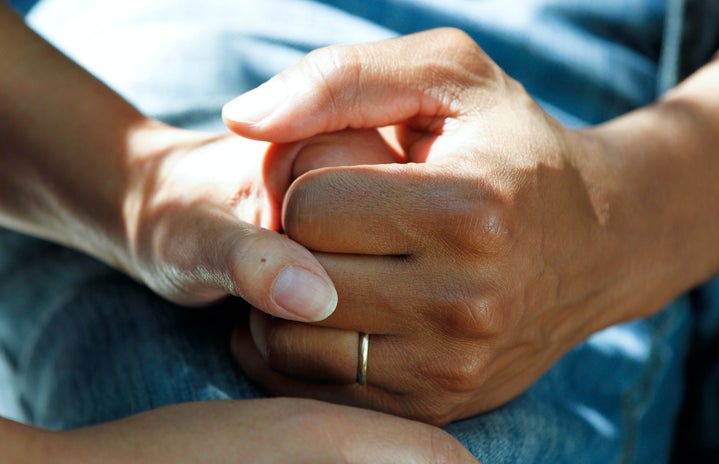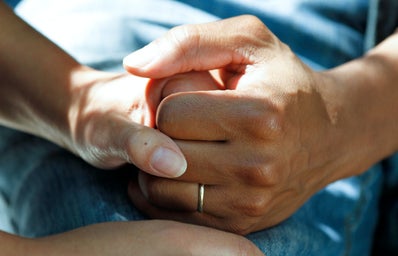Everyone knows it exists, but many people don’t understand what it means. Donating organs and tissues is one of the biggest gestures of kindness someone can offer. Today, over 50 thousand people are waiting in line for an organ in Brazil, and there are not many things to do to help those people besides organ donation.
For most donations, the patient giving the organ or tissue must be brain dead, which means that the person’s heart is still beating and keeping them alive, but their brain isn’t. After the confirmation of brain death, the decision about organ donation is made by the closest family members, and that’s why you should inform your relatives about your wishes.
Some organs, like hearts, pancreases, and intestines, and some tissues – bones, skin, and corneas – can only be donated after death either because it doesn’t recover, people only have one of them, or because the donor’s life would change permanently after donating.
The organs and tissues that can be donated by a living donor either appear in two, like kidneys and lungs or have the ability to recover, such as the liver and bone marrow. For the first three, the donor and the receiver will have to undergo surgery, to extract one of the kidneys or part of the liver or lungs. The bone marrow transplant can be done with smaller medical procedures, sometimes very similar to a blood donation.
It’s very important to understand about organ and tissue donation and, if possible, to be a donor. Many factors are considered when looking for a possible match, starting with blood type. Because of that, it’s not easy or fast to find a good organ, so the more people choose to donate organs, the better the chances for the recipients. Also, it’s easier to find a donor between family members – in cases where the procedure can be done with a living donor – once matches are easier to find between blood relatives.
In bone marrow transplants, having the same blood type is not necessary, but matches are really hard to find: siblings with the same mother and father have only a 25% chance to be compatible, and in the general population, the odds are one in 100 thousand people. For that reason, bone marrow banks, Redome, in Brazil, are so important: they are the only hope for people who didn’t find a donor in the family.
Transplants save lives, and there’s no one better to explain how important being an organ or tissue donor is than the people who had their lives saved by someone they never got to meet. If you want to hear some stories about successful transplants, Amazon Prime has a Brazilian documentary that talks to those people.
——————————————————————
Laura Enchioglo edited the article above.
Liked this type of content? Check Her Campus Casper Libero’s home page for more!


